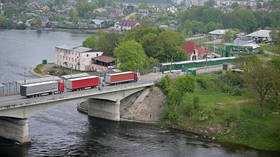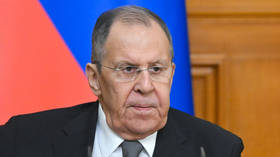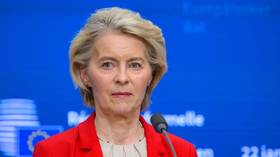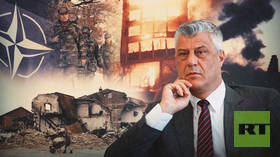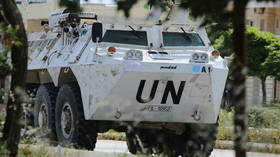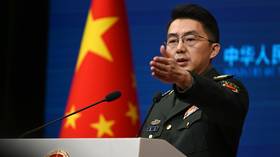Top Russian senator comments on consequences for those who left during mobilization
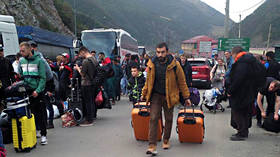
Russians who have decided to leave the country amid the ongoing partial mobilization will face no additional legal consequences but will likely be unable to avoid a “moral” responsibility, the head of Russia’s commission for the defense of state sovereignty, Senator Andrey Klimov, has said.
In a Telegram post on Wednesday, the senator explained that, according to the Constitution, Russian citizens have the right to freely leave the country as long as they don’t have any outstanding issues with the law and have not violated any administrative or criminal codes.
He added that all those who left the country during the partial mobilization and have not broken any laws can freely return to Russia at any point without facing any legal consequences, noting that Russia is a state of law.
Klimov warned, however, that “serious moral responsibility” cannot be avoided by some of those who decided to run. “It is unlikely that anyone will cover the profits they themselves have missed and the losses they incurred from a hasty escape abroad,” the senator wrote, saying that he doubts “leaving the Fatherland in danger” will bring any luck to such fugitives.
The senator’s remarks come after Russian President Vladimir Putin announced a partial military draft last Wednesday of some 300,000 reservists across the country to help control Russian-held areas and the 1,000-kilometer contact line with Kiev’s forces in Ukraine.
Since the announcement, a number of Russian citizens have opted to flee the country to avoid the military draft and have made their way to states such as Kazakhstan, Kyrgyzstan, Georgia and Armenia, none of which require a visa for visiting Russians. The sudden exodus of military-aged men out of the country has led to chaos at border checkpoints, with travelers reportedly enduring 48-hour-long queues. All flights from Russia to states that do not require a visa have been sold out in the short term.
Prior to the partial mobilization, Russia amended its criminal code to include strict punishments for acts such as voluntary surrender by service members during wartime or their refusal to take part in armed hostilities, as well as lengthy prison sentences for looting, desertion or dodging a military draft during wartime.
